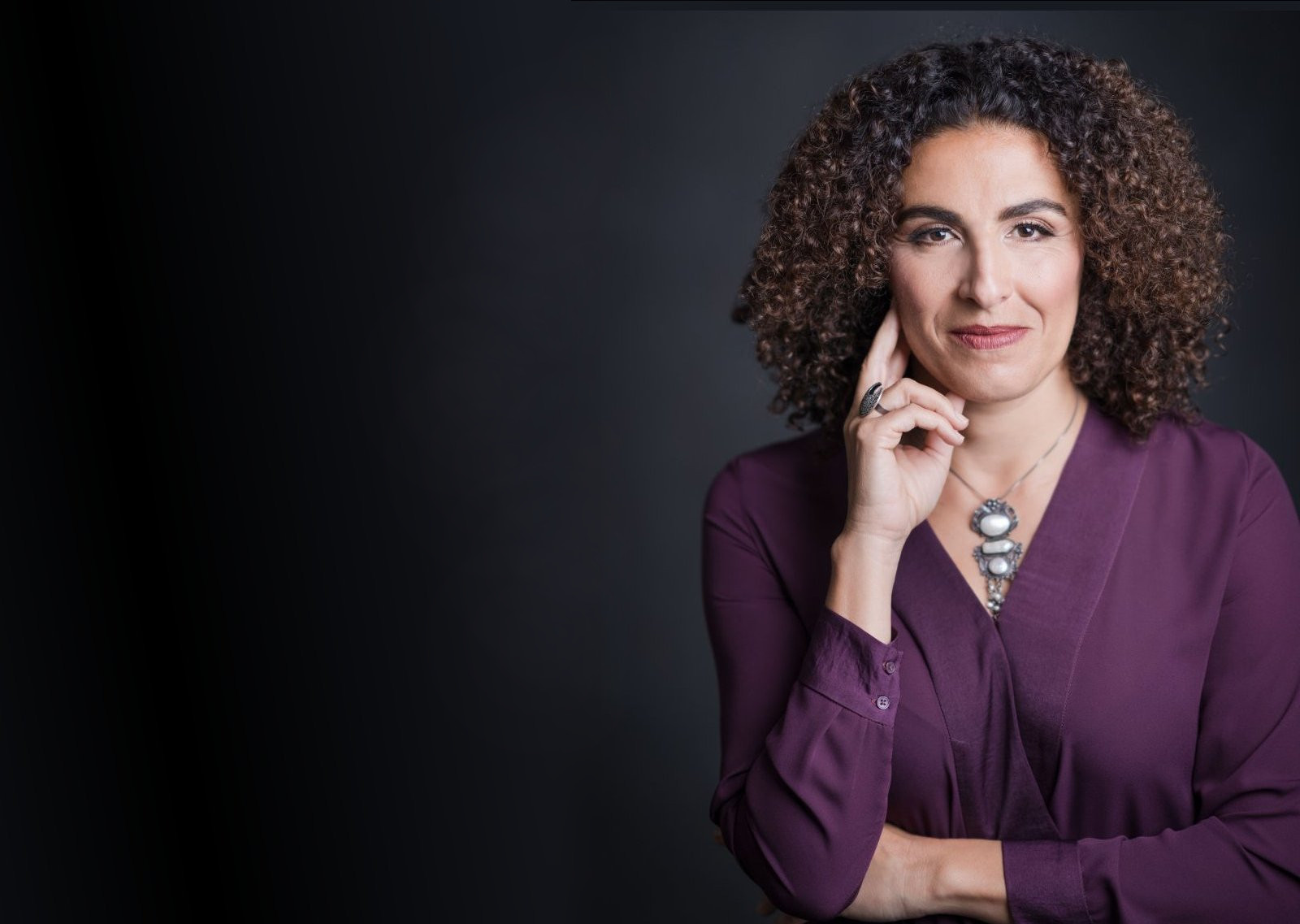Israel-Gaza: Does Islamophobia play a part in US foreign policy? [UpFront]
As the war in Gaza rages on, the death toll keeps increasing and residents face starvation. Despite the heavy civilian toll, the United States keeps voicing its strong support for Israel.
Is there a double standard when it comes to Palestine? And why do some in the US seem to conflate solidarity with Palestinians with anti-Semitism, as explained in the report “Presumptively Antisemitic: Islamophobic Tropes in the Palestine Israel Discourse” published by the Rutgers Center for Security, Race and Rights.
On UpFront, Marc Lamont Hill speaks… Continue reading “Israel-Gaza: Does Islamophobia play a part in US foreign policy? [UpFront]”
